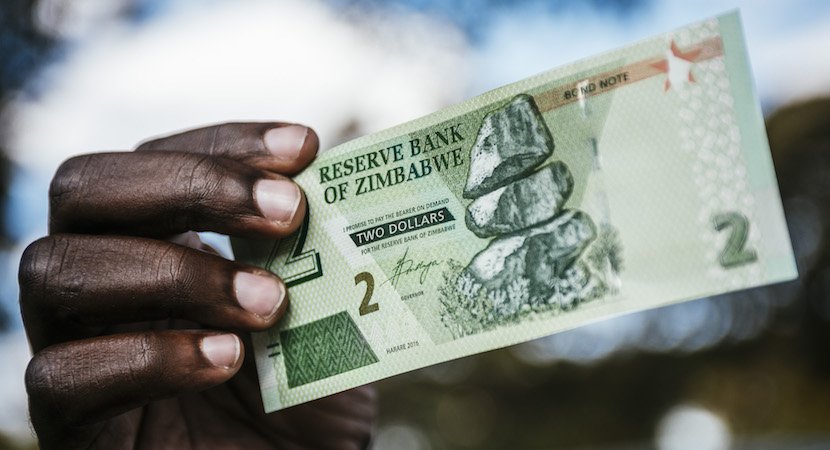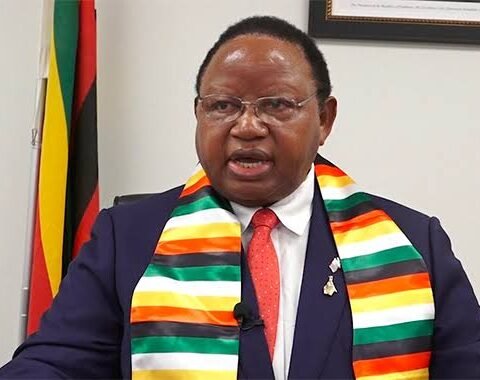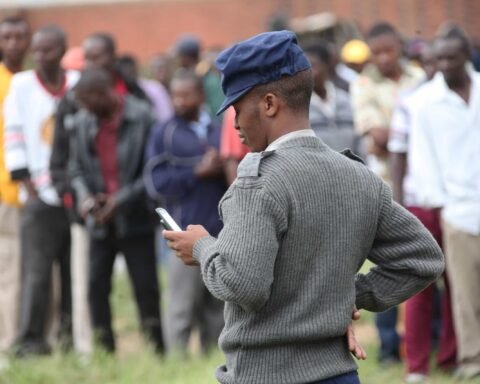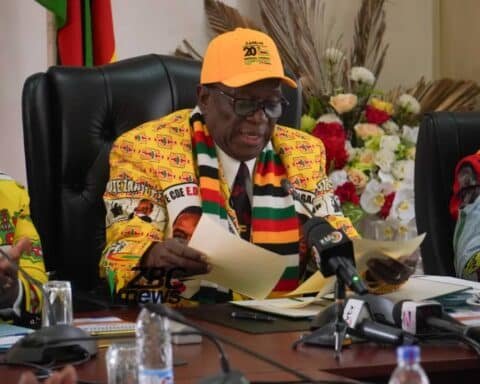Zimbabwe’s economy is facing a significant crisis as the cost of living skyrockets and the local currency undergoes a dramatic depreciation, according to the latest figures released by the Zimbabwe National Statistics Agency (ZIMSTAT).
In a concerning development, ZIMSTAT reports that a family of six in Zimbabwe now requires at least ZWL$5.4 million monthly to cover their expenses, marking a 65.8% increase from last month’s figures. The Total Consumption Poverty Line (TCPL) for an individual in March 2024 has been set at ZWL$916,225.50, a steep rise of 65.8% compared to February. Meanwhile, the Food Poverty Line (FPL) for a single person in March is ZWL$701,236.89, up 62.2% over the previous month.
The Zimbabwe dollar’s value has seen a precipitous fall, breaching the 20,000 mark against the US dollar on March 22, a decline of 70% since the year’s start. This depreciation comes after a consistent downward trend, with the currency having fallen below the 10,000 level against the greenback in late January.
Economic experts attribute the Zimbabwe dollar’s plummet to excessive money printing by the central bank, not backed by actual value, sparking inflationary pressures that have eroded the currency’s value.
In response to the crisis, Mthuli Ncube, the Minister of Finance, Economic Development and Investment Promotion, affirmed the government’s commitment to maintaining a local currency despite the US dollar dominating up to 80% of all commerce in the country. Ncube also disclosed that the long-awaited monetary policy statement (MPS) is forthcoming, with the government engaging in consultations with internal experts and stakeholders to address the economic challenges.
The rapid inflation and currency devaluation have raised alarms over the deteriorating economic conditions in Zimbabwe, impacting living standards and raising concerns over the potential long-term implications for the country’s economic stability.
As Zimbabwe navigates this tumultuous economic landscape, the government’s forthcoming policies will be closely watched by citizens and international observers alike, hopeful for effective solutions to restore stability and confidence in the nation’s economy.








